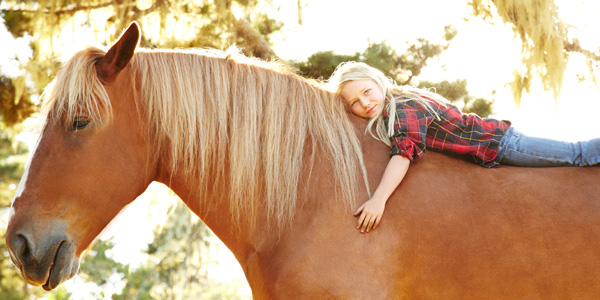It is known that most animal care products such as washes, coat shine products etc do not have to comply with the same legislation which govern all cosmetics. The new EU Cosmetic Regulation 1223/2009 states that 'dog shampoos are not cosmetics and don't actually require cosmetic safety assessments' and Section 7.7 (a) of Regulation (EC) No 648/2004 on detergents (European Union, 2009) states 'there is no sector specific EU legislation for the products used for the cleaning of pets'. There appears to be no standards or guidelines to go by, but Cornelius Group have a solution, Lauren Kempen of Cornelius Group explains further.
The UK pet food and supplies market, worth an estimated £2.7bn, has been quite resilient during the downturn in the wider economy (Youd, 2012). Many consumers are increasingly aware of the effects of the ingredients in the products they use on their animals, often opting for products with and INCI listing and well substantiated claims.
In 2014 it is estimated that 13 million (46% of) households have pets, with the UK pet population standing at around 65 million (PFMA, 2014). Owners are increasingly making informed decisions and purchasing quality products specifically designed for use on animals, with performance and mildness at the forefront of their mind.

Often, the formulators behind these products are from a cosmetic background and use their industry contacts to source ingredients from a cosmetic ingredient supplier. While the basics are the same, it takes expertise and a knowledgeable ingredient supplier to perfect a safe, effective range of products suitable for Equine, Dog and Cat Applications.
Cornelius is committed to the supply of quality, regulated, safe ingredients into the Animal Care market. All its ingredients are approved for cosmetic use on humans, while the company also advises how to adapt formulations to ensure suitability for the end application.
Dr Rob Nicol, Head of Animal Care & Nutrition at Cornelius explained the core concept of the lab formulations: “Although the formulations are similar to Personal Care products, the pH needs to be adjusted due to animal skins having a higher pH (7-7.5). We found after litmus tests on a number of Animal Care products, many would be unsuitable for use on the intended recipient. Long term use could lead to irreparable coat damage.”

Cornelius has created a kit with the help of professional equine grooms, working dog owners, professional dog groomers, as well as owners of dogs and cats, which has been designed to highlight the various ingredients suitable for use in Animal Care products and each formulation has been finalised by a panel who have rated the products on performance, mildness, quality and cost, resulting in a cost effective, efficient kit.
Dr Rob Nicol is heading the drive in the new area: "what a fantastic opportunity to grow and promote the Cornelius name in a brand new Sector. With our Global reach and distribution facilities, the Animal Care sector is a "Hidden Gem".
More information can be obtained from the Cornelius Animal Care & Nutrition team.
Bibliography
European Union. (2009). Regulation (EC) no 648/2004 on detergents. Offical Journal of the European Union, 151.
PFMA. (2014, February 03). Pet Population 2014 - PFMA. retrieved April 23, 2014, from pfma.org.uk: http://www.pfma.org.uk/pet-population-2014/
The European Parliament and the Council of the European Union. (2009). Regulation (EC) no 1223/2009 of the European Parliament and of the Council. Official journal of the European Union, 151.
Youd, K. (2012, May 06). retrieved April 23, 2014, from The Independent Online: http://www.independent.co.uk/property/house-and-home/pets/news/pampered-pets-uk-7717640.html
